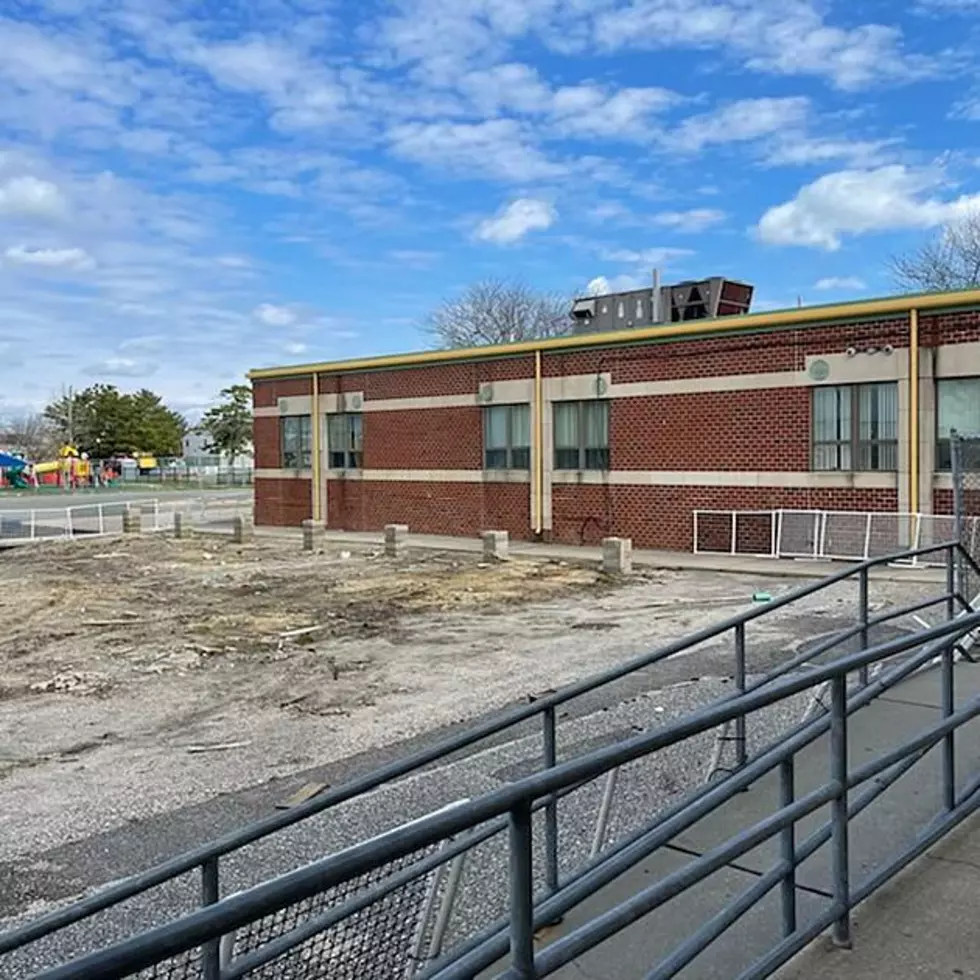
Analysis: Why Weed May Not Be Legal in NJ This Year
For months, the state’s top Democrats have been haggling over how much to tax legal marijuana. Gov. Phil Murphy, Senate President Steve Sweeney and Assembly Speaker Craig Coughlin have said they have agreed on how to tax weed, but details still need to be worked out.
While all involved have said they would like a vote by the end of March, there are a number of factors that could delay the vote — maybe even beyond this year:
No formal bill
Despite talks of a “deal,” there are still details that need to be worked out. Until that happens, legislative staff can’t begin drafting a bill to actually vote on. High-level talks, like the ones between Gov. Murphy, Sweeney and Coughlin produce only a framework. Staff must still reconcile dozens of other issues and formally draft it into a bill.
The details and specific wording of the bill are critical, especially since New Jersey is legalizing a controlled substance that is illegal under federal law. Assembly Speaker Craig Coughlin is well aware of what he called a “seismic shift in public policy.”
Support uncertain
Once a bill is drafted, it will come under intense scrutiny by the rank-and-file members who will be asked to vote on it in the Legislature — as well as by special interests.
How much, or how little, support exists in the legislature has been difficult to gauge. Some lawmakers who told me they were supportive early on, have wavered or changed their minds.
Coughlin sounded a cautious tone when asked about support from his members: “We want to make sure we get it right (and) make sure we have a bill in place that people can support.”
An intensive lobbying effort is expected ahead of any preliminary votes, and lawmakers could seek to amend legislation that would further delay any approvals. Some key Democratic lawmakers, including Senator Ron Rice, D-Newark, are already opposed, fearing the impact to low-income and minority communities. Most Republican lawmakers are also opposed.
Looming elections
All Assembly members are up for reelection this November. The longer it takes to bring any bill to a vote, the more legislators may shy away from supporting it. While polls have consistently showed around 50 percent public support for legal weed, and some polls show that number growing, any lawmaker in a close race will closely consider how their vote on this issue could impact their campaign.
That concern may have been eased somewhat with a Monmouth University Poll released Monday that showed 62 percent of New Jersey residents supported legalizing recreational marijuana.
Growing opposition from law enforcement
A growing number of New Jersey law enforcers are raising concern about legal marijuana. The concerns range from stoned driving to drug related crime.
Sayreville Police Chief John Zebrowski, who is also on the executive board of the New Jersey State Association of Police Chiefs, has been trying to convince lawmakers there are unintended consequences to legal weed. But he says no one is listening.
Zebrowski testified during legislative hearings last year. He warned of a rise in stoned drivers, and police ill equipped to deal with it. He told a legislative committee police need new tools and new thinking to deal with this new threat to public safety, but said didn’t think they were listening.
“We’ve been trying to educate, (but) it doesn’t appear they’re (lawmakers) prioritizing public safety.” the Asbury Park Press quoted him saying.
Zebrowski wrote an op-ed published by NJ.com, on behalf of the majority of state police chiefs, warning weed is not like booze: “Currently it is not possible to identify a valid impairment standard for marijuana. This is particularly concerning in New Jersey, the most densely populated state, where the risk of catastrophic consequences related to a drugged driving incident is exponentially more probable."
Questionable financial impact
Even though the governor and legislative leaders say they have agreed on how much to tax recreational marijuana, how much revenue New Jersey can expect is still very much in doubt.
Early on, some were predicting $300 to $500 million in new revenue. The non-partisan Office of Legislative Services estimated in December the revenue would likely be around $210 million dollars. That presumed a tax rate of 12 percent.
It’s not clear how that figure might change with an agreement to tax weed at $42 per ounce purchased, but it will still be less than 1 percent of a total $38 billion dollars budget. The minimal financial impact of selling legal weed may make it harder to make a financial argument for lawmakers that are on the fence about support.
On Tuesday, Gov. Murphy refused to discuss any details of the agreement in principle he reached with legislative leaders, but called it a “very constructive meeting.” Still, Murphy conceded passage was far from certain: “We said all along this is not a light lift.”
More From WPG Talk Radio 95.5 FM










